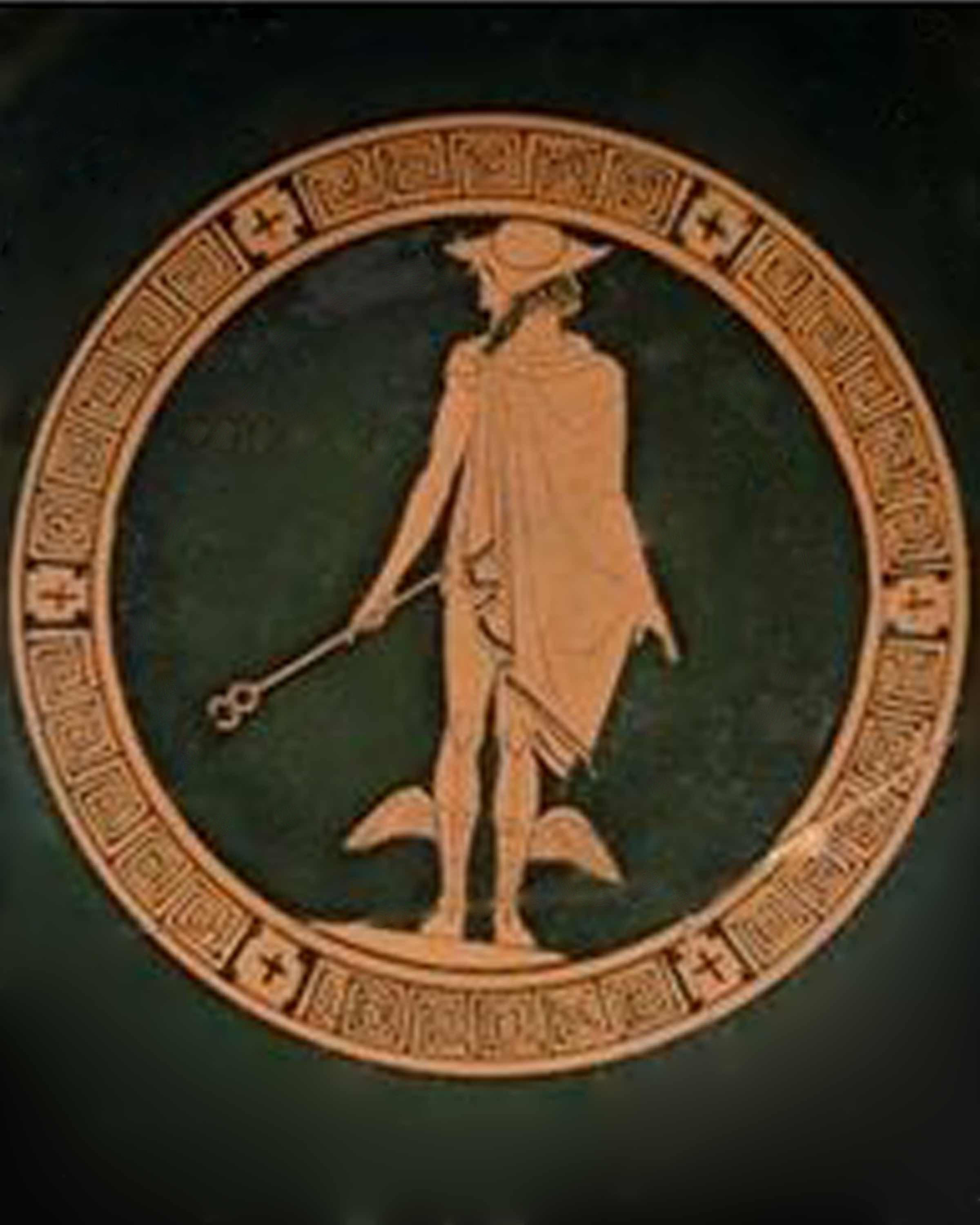Professional Ethics for Tarot Readers
Let's face it, tarot-reading is viewed with suspicion and considered a scam by many. Some people feel it is consorting with evil spirits and occult forces. While other see all this self talk as merely a way to lull people out of their common sense and hard-earned dollar. Some local police departments still require "fortunetellers" to register at the police department. Some Tarot readers are required by local or State statute to post that "Tarot-readings are for entertainment purposes only."
The popular mind conjurors gypsies foreseeing dire curses and
offering expensive cures to the gullible. Unfortunately there is a
measure of truth to this popular stereotype. Yes, there are people
out there who will mislead you to attempt to profit from your own
fear, greed, doubt and hope. Buyer beware.
Many modern tarot readers recognize that tarot is a valid means to recast and reflect upon life questions. That the "random" selection of cards can offer useful reframing of issues important to our life's best goals. With this recognition, most reader's realize that a tarot reading can be more than an entertainment. However, in the same instant, many may be led to expect more of a reading than a reading may give.
The question then arises what are fare expectations for a
reading. What is it that a tarot reader does and what should a
client rightfully expect?
There are professional codes of ethics:
Both the
American Tarot Association and the
Tarot Certification Board of America, two American tarot
professional associations, have developed standards
of conduct for tarot readers. The ATA has created a
Code of Ethics
and the TCBA has a
Client Bill of Rights. Both are intended as
baseline standards of conduct that Tarot readers may adapt and
develop for
their own practice.
Using the professional codes as a resource many conscientious readers have devised their own code. Of the codes of ethics I example on the right James Ricklef, Silverlotus, Beth-Owl's Daughter, and Donnaleigh show effort at rethinking for themselves the two more common codes of the ATA Code of Ethics and the TCBA Client Bill of Rights.
Though I am not a member of the ATA, nor am I a Certified Professional Tarot Reader, I agree in substance and intent to both the Code of Ethics of the ATA and the Client Bill of Rights of the TCBA. Furthermore, using these two documents as a base, I have developed both a Code of Ethics and Client Bill of Rights for my own practice. Please click the links to view them.
Eventually I hope to develop a course of study and reflection to examine and reevaluate the criteria for a professional code of ethics. I will likely use the work of Bernard Gert to help inform this study. Contact me if you are interested in such a course.
Related Links
Professional Ethics for Tarot Readers
Tarot Certification Board of America Client Bill of Rights
James Ricklef's Code of Ethics
Gert's 10 Rules Toward a Common Morality
Ethical questions in the cards and combinations
